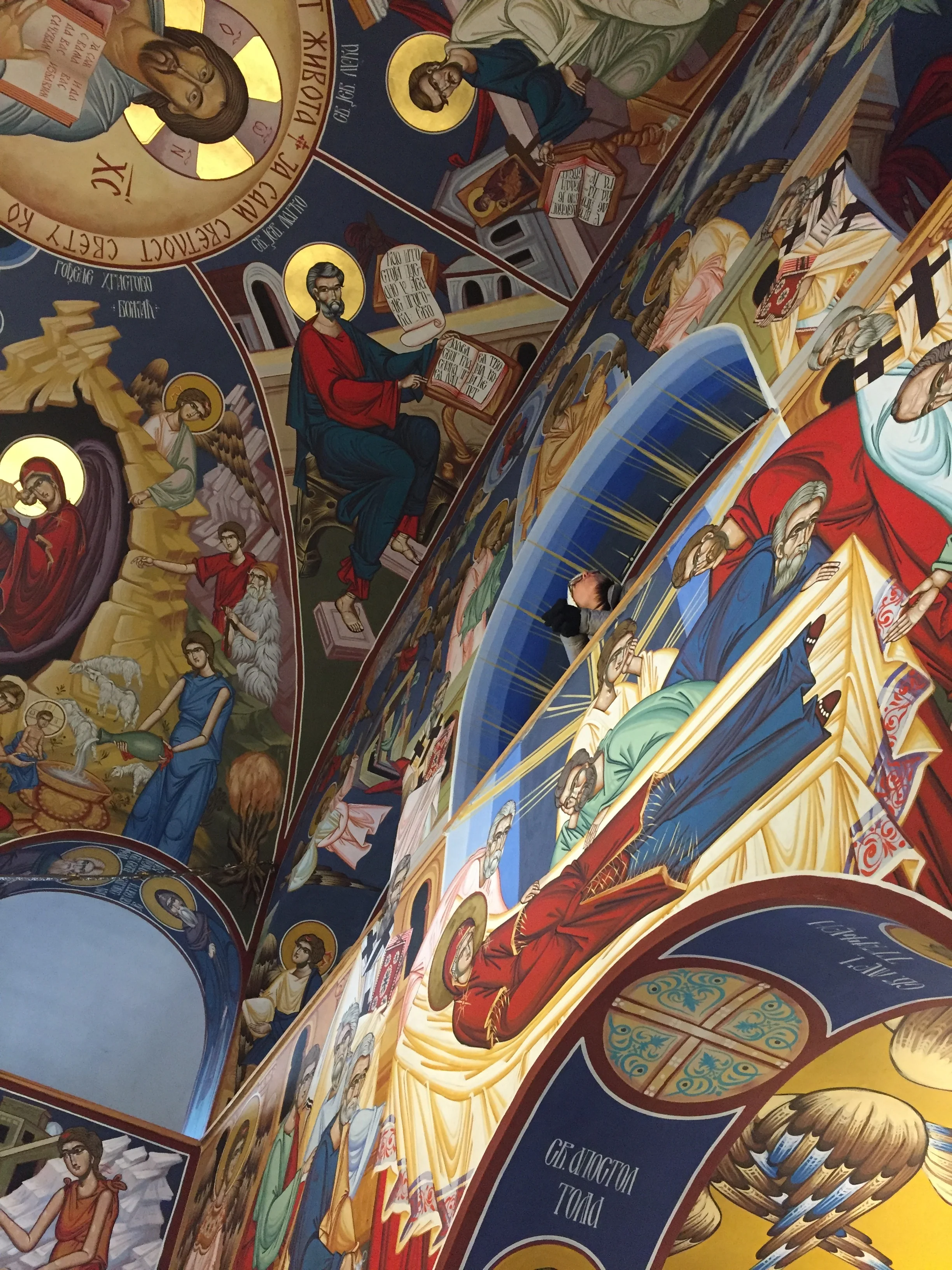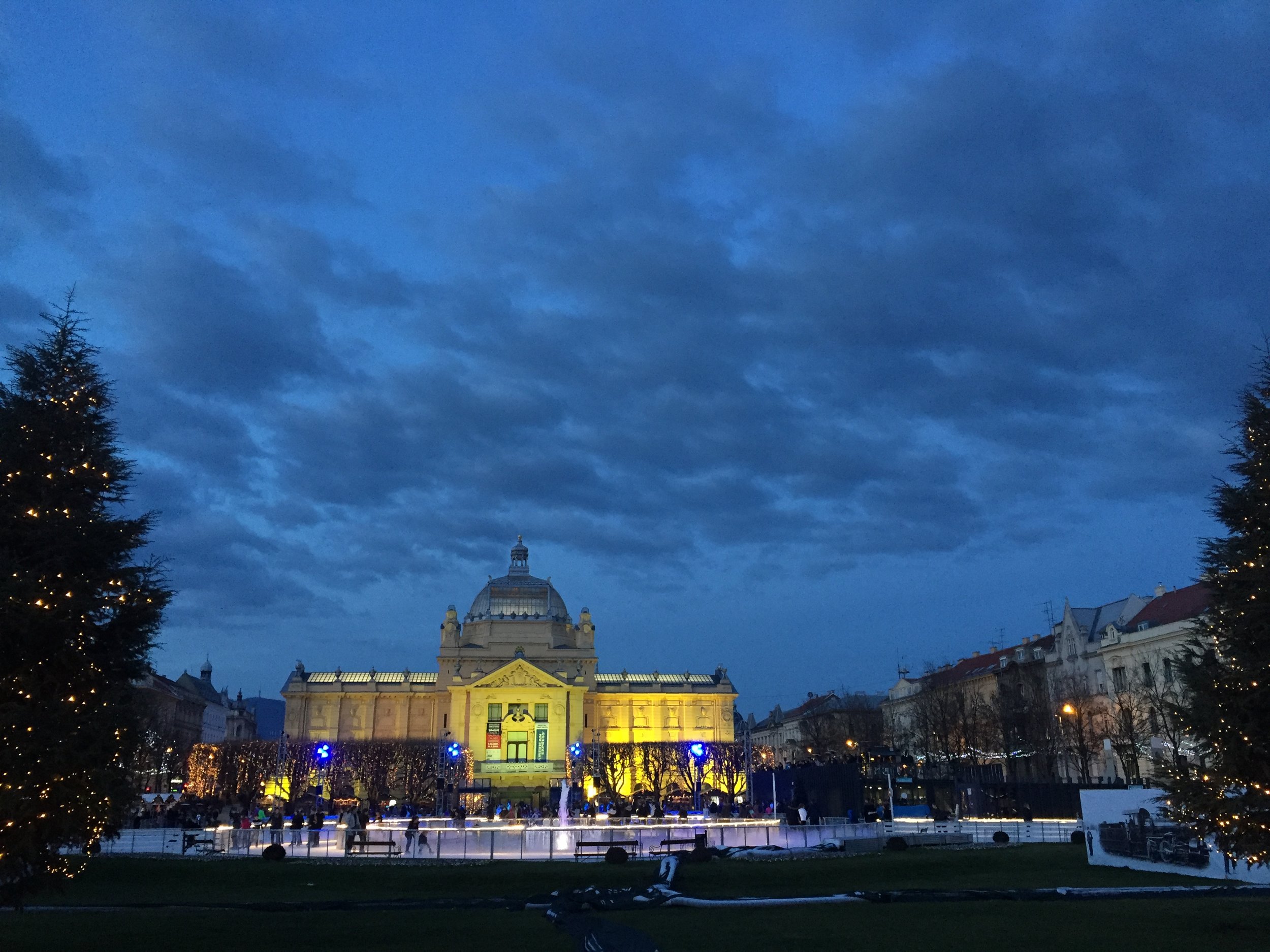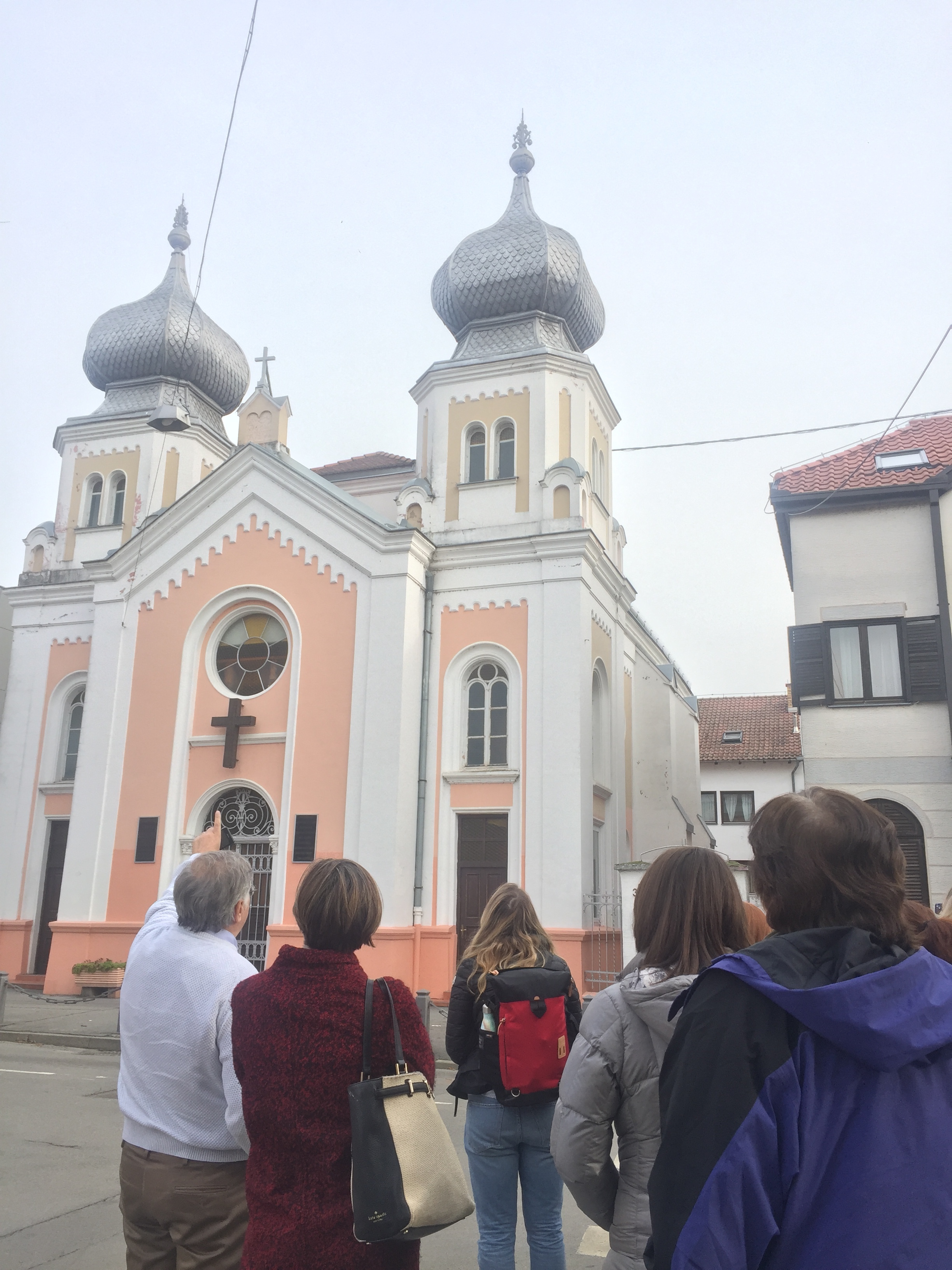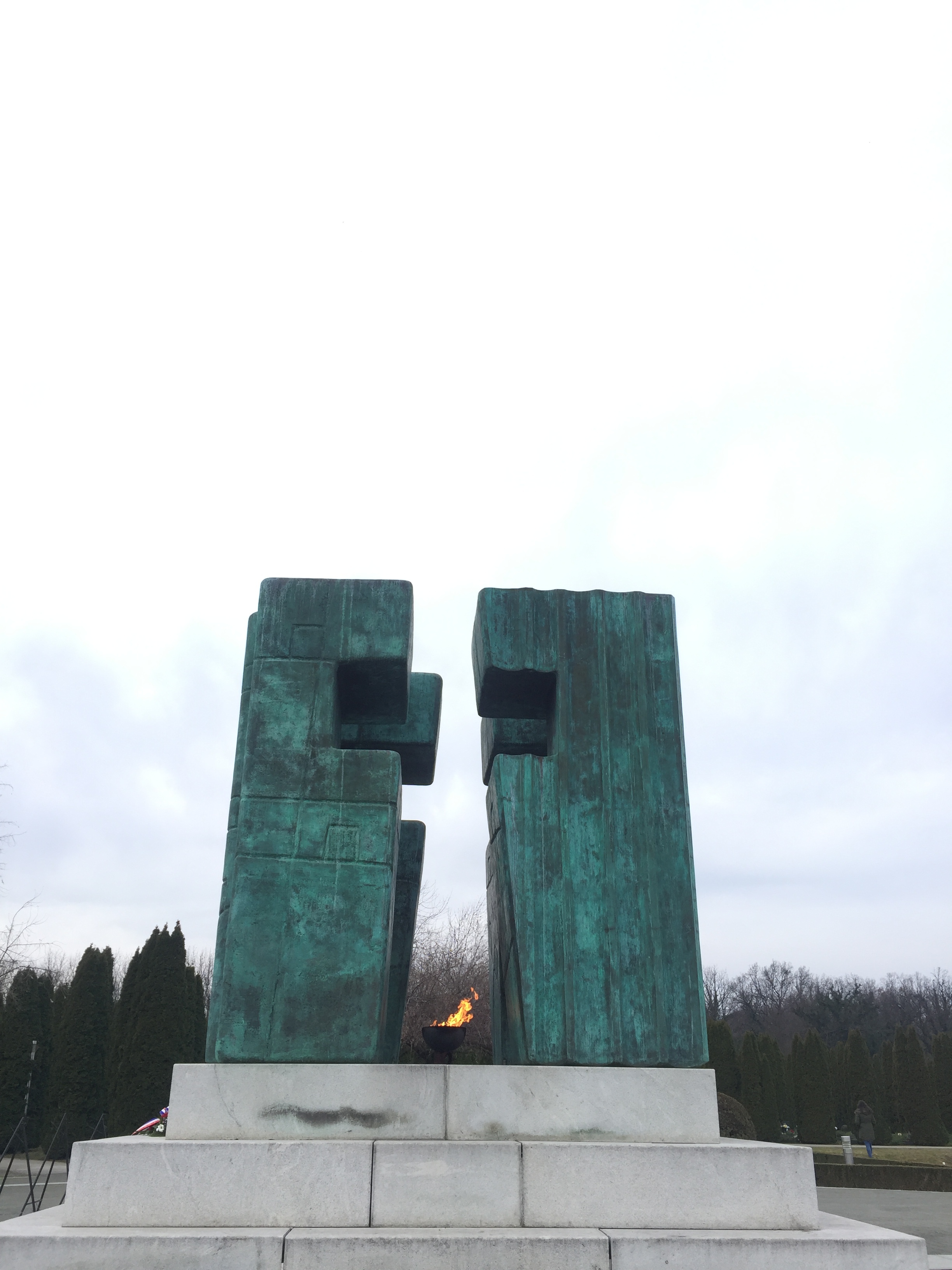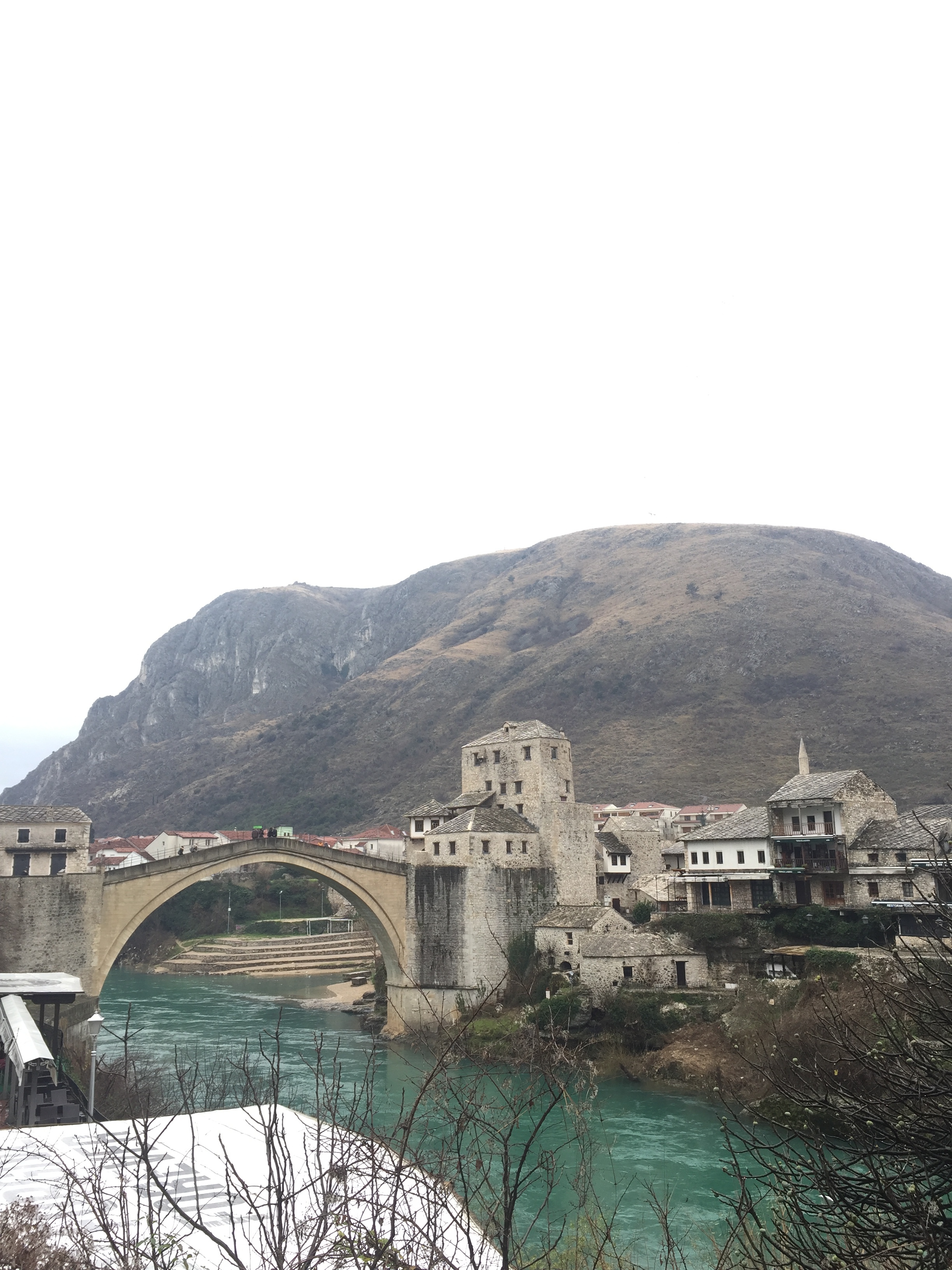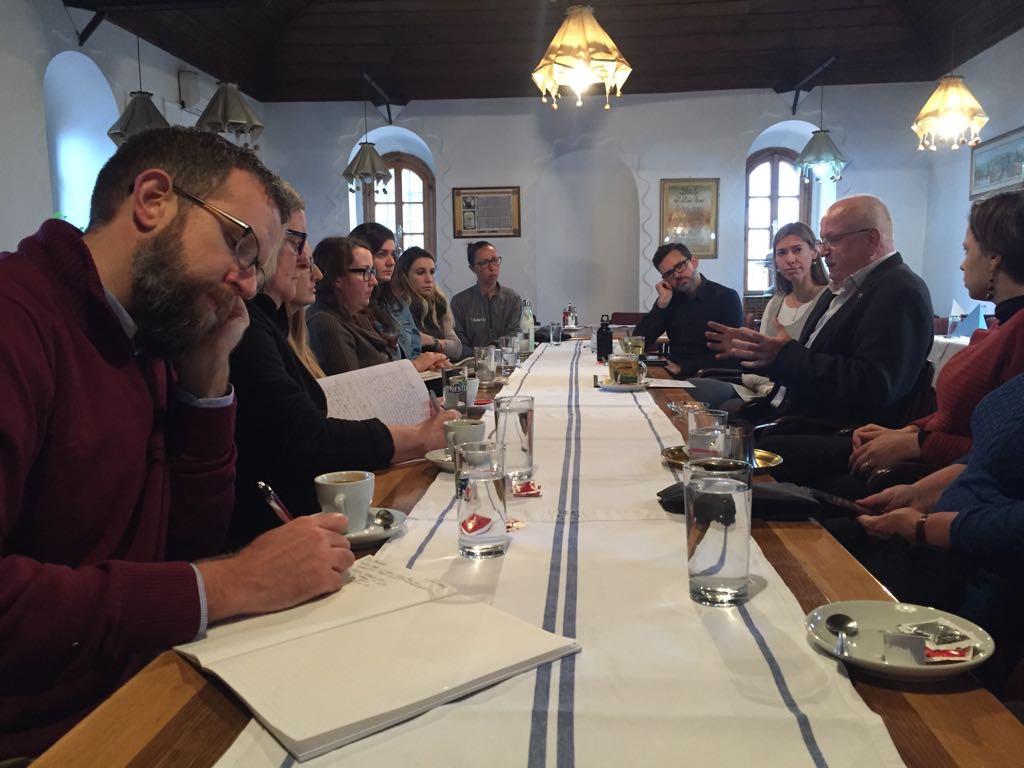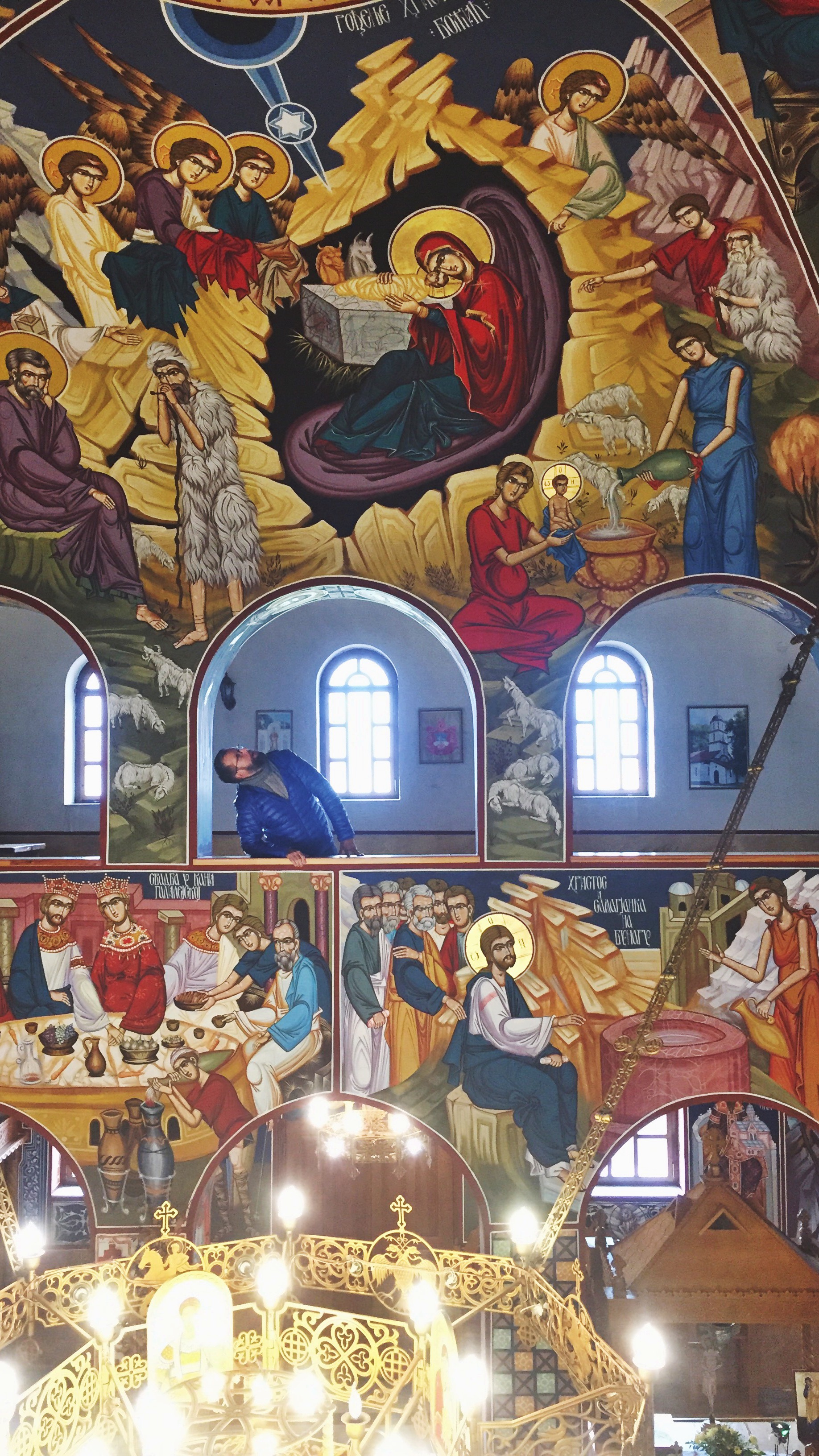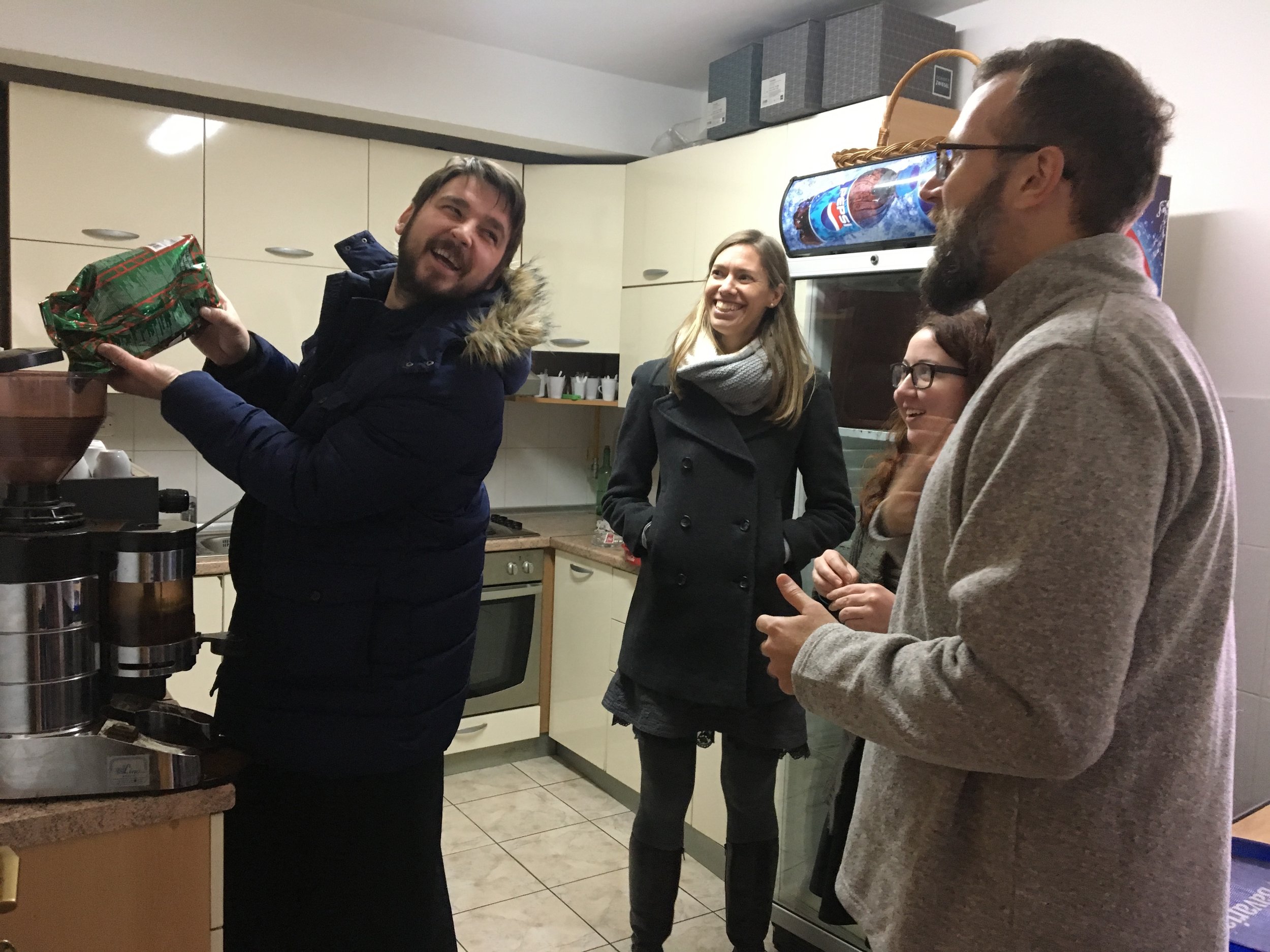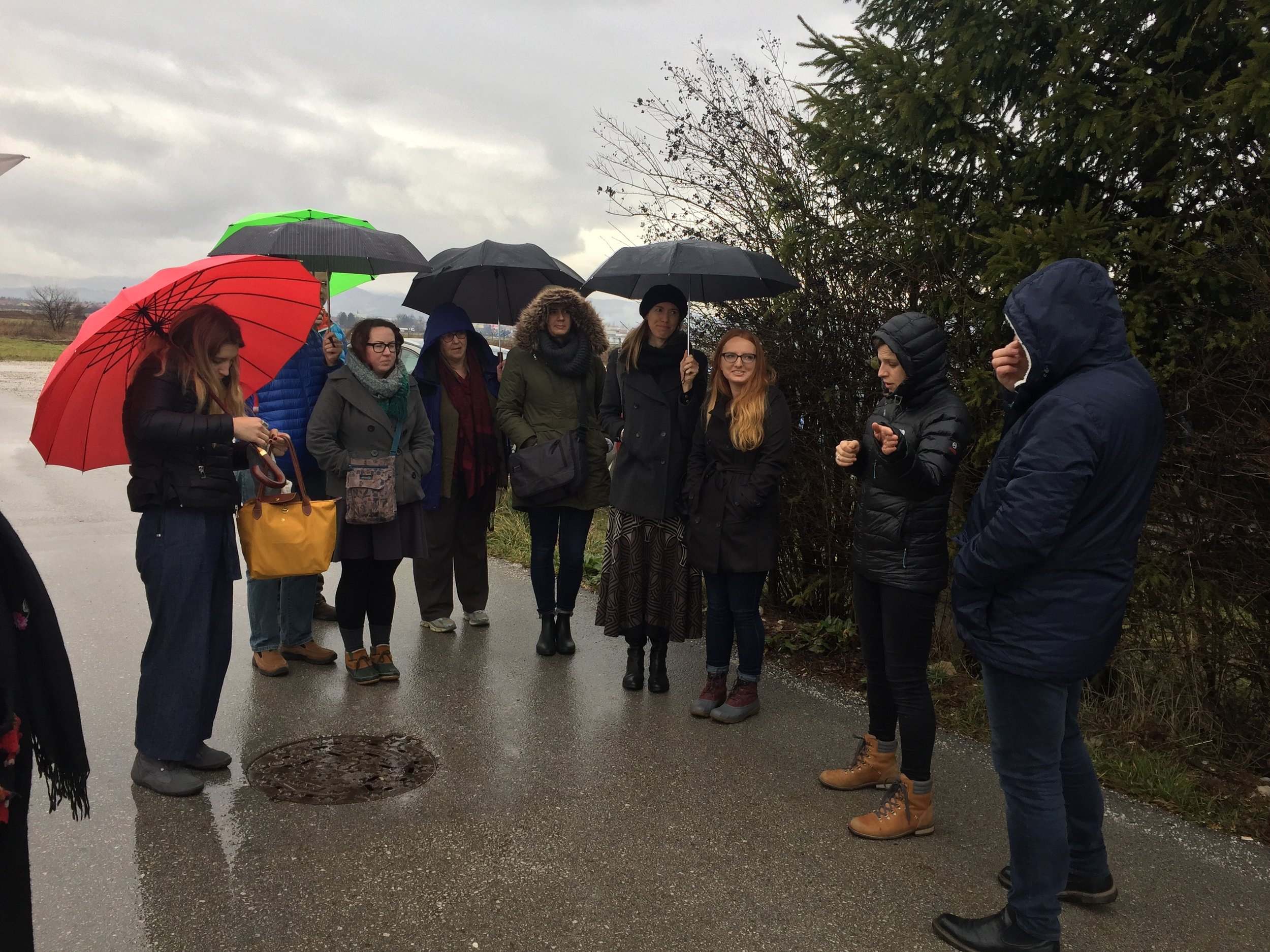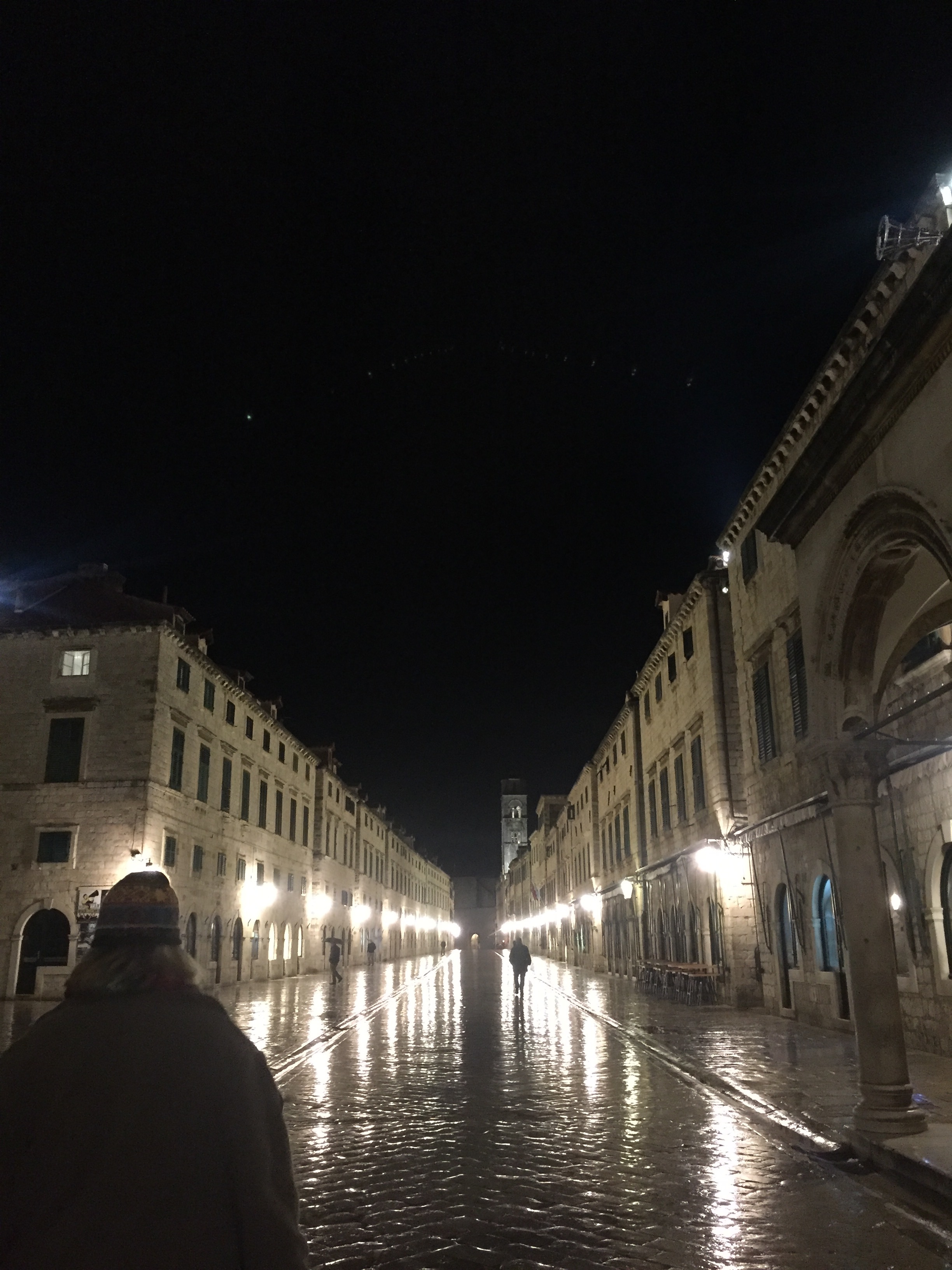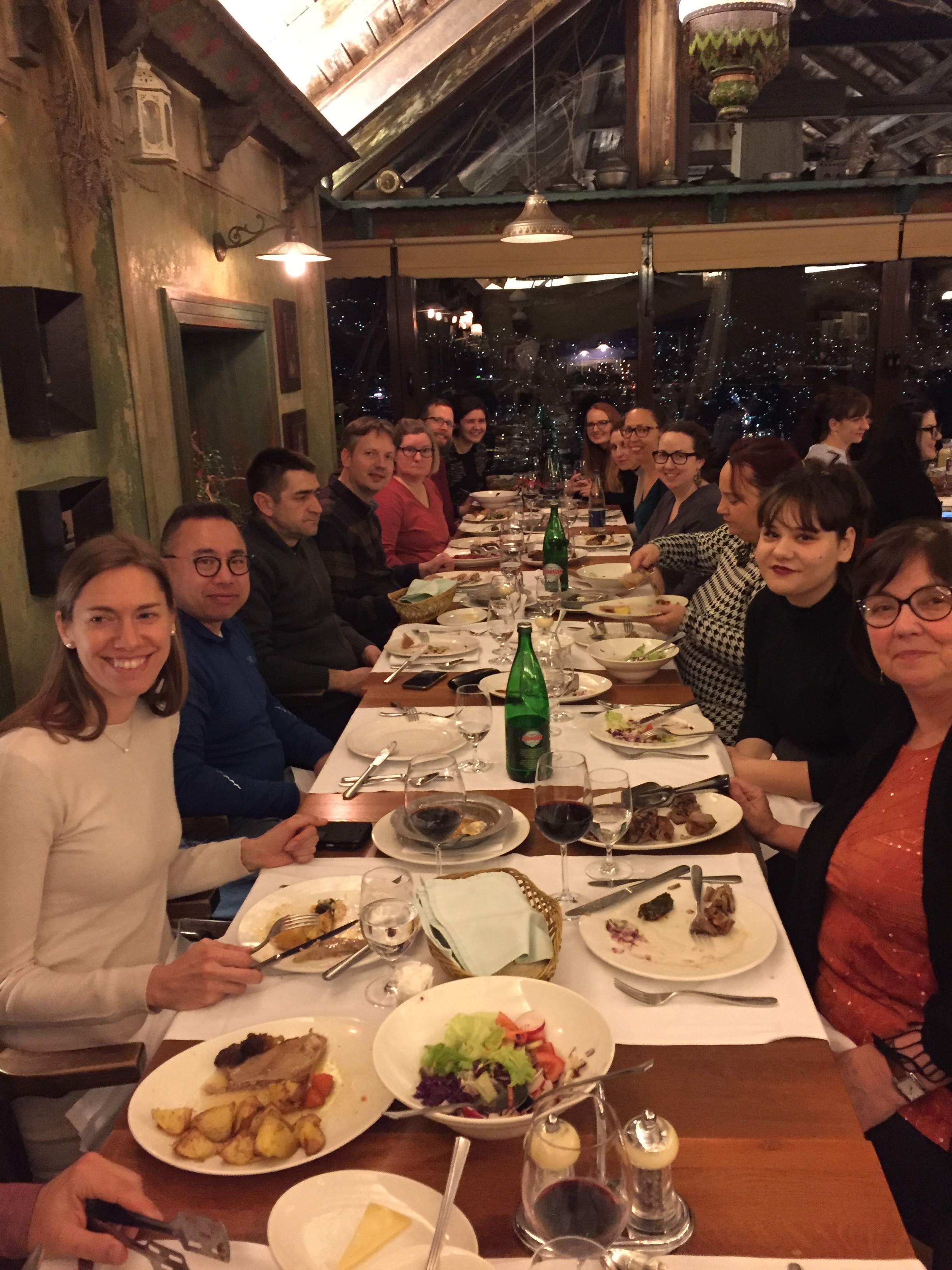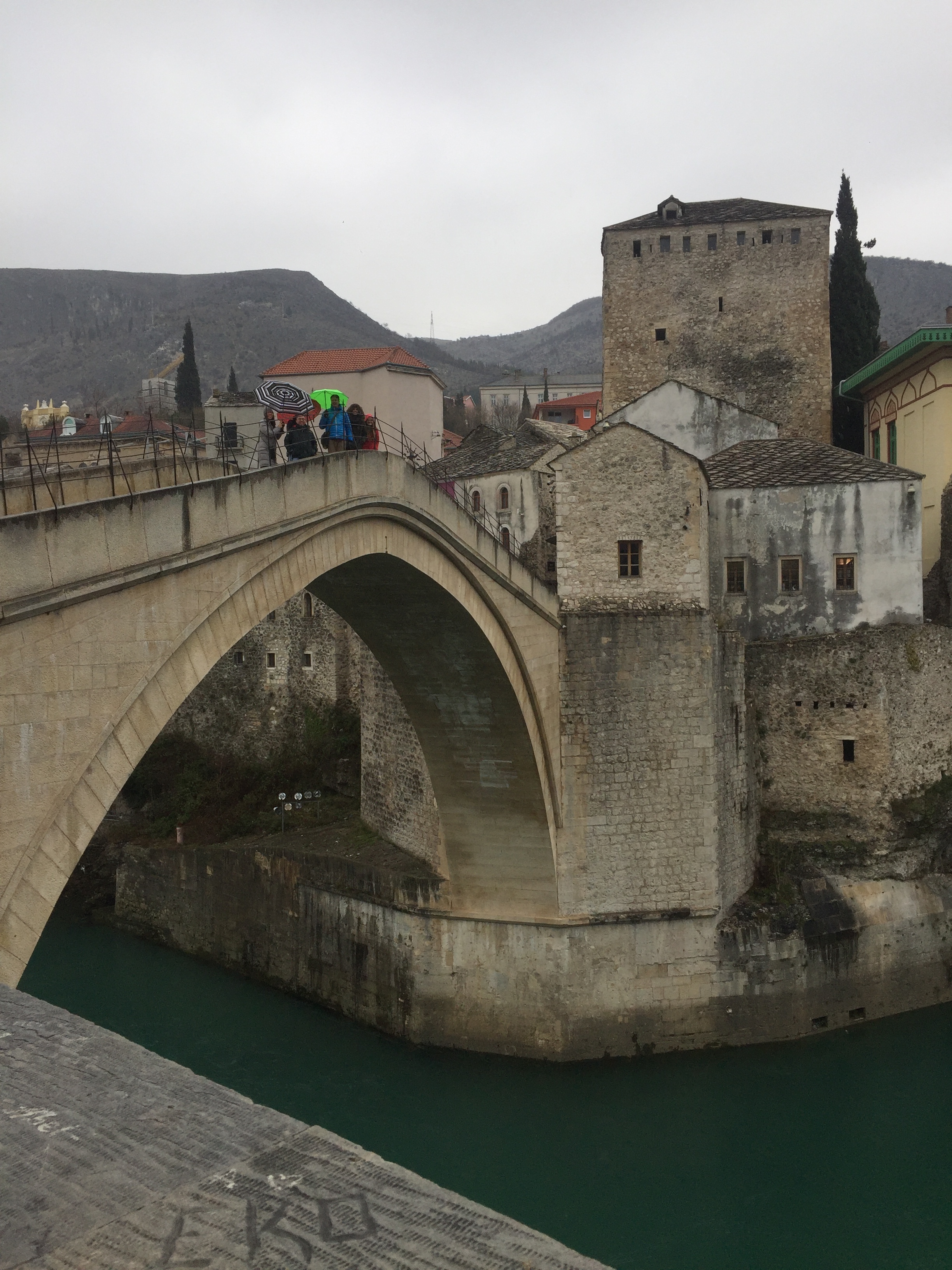Our first iteration of Transitional Justice and Reconciliation in the Balkans wrapped up last week. The graduate-level program is hosted by our Center, in partnership with Boston University’s School of Theology. The program spanned two weeks, but during that short period students traveled to Osijek, Vukovar, Sarajevo, Mostar, and Dubrovnik and listened to a broad spectrum of guest speakers.
The program’s specific focus on transitional justice as well as interreligious dialogue allowed for a closer look into peacemaking from the perspective of active peacemakers from each of the Balkans’ largest religious groups (Catholic, Muslim, and Orthodox).One discussion students found particularly pertinent was a panel composed of a Franciscan Friar, an Imam, and an Orthodox priest. They discussed the current state of religious, political, and social relations in their post-war Bosnian city. Students saw the civil discussion as a reminder that such conversations are indeed possible and effective—an affirmation that stands in contrast to much of the world’s current religious and political context.
Another impactful experience was a talk with an Orthodox priest from Eastern Sarajevo—a talk held over espresso made and served by the priest himself! One particularly interesting topic was his community’s increasing reintegration with Sarajevo, and thus changes in mindset of the community; peacebuilding programs and economic opportunity in Sarajevo are bringing about this change.
We thoroughly enjoyed this first 2018 cohort of nine students and the depth of conversation and personal convictions they brought to our studies. We look forward to seeing these peacemakers impact their communities and the world!
